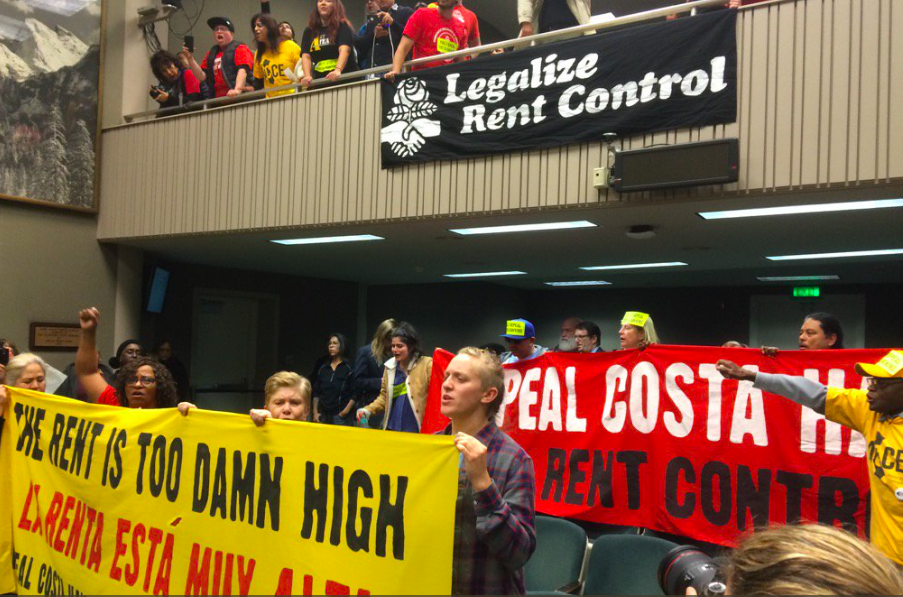The New York Times has been hyping its America We Need series of stories, editorials, and events on future public policy, and the latest one was this afternoon. It was called Creating More Equitable Cities, and with the right guests and the right moderation, this could have been a critical debate about the future of American urban policy. The Times, with its potential audience of millions, could have done a great public service during a critical election.
As I tuned in, I was all set to be furious.
The moderator was columnist Farhan Manjoo, who argues that the source of most urban problems in California is the lack of more density, especially in the suburbs. He supports Scott Wiener’s approach to allowing the private market more ability to construct housing with fewer regulations and is a fan of Yimby California.

Most recently he argued that the reason California is falling apart is that too few people are willing to sacrifice for the common good:
What is California’s fundamental trouble? Neither socialism nor Trumpian neglect and incompetence, but something more elemental to life in the Golden State: A refusal by many Californians to live sustainably and inclusively, to give up a little bit of their own convenience for the collective good.
And I totally agree. But he talks only about zoning and getting rid of single-family detached housing – and never about the billionaires, or even the multi-millionaires, giving up a little of their untenable wealth for the collective good, including paying for non-market housing. I emailed him to ask him about this – about what “the collective good” means to him beyond zoning, whether economic inequality is the driving force behind most of these issues, and who should pay for the changes we need — and he never responded. I didn’t think he would.
His guests: Harvard Economist Raj Chetty, who argues (with some great data) that social mobility is determined to a great extent by what zip code you lived in when you were born, Julian Castro, former HUD secretary, and Sonja Trauss, who of course is a founder of Yimby Law and who also believes that if we stop regulating the private market with zoning housing will soon become more affordable and plentiful for all.
I was expecting a full-on Yimby panel, with lots of policy proposals and discussion, lots for me to write about and respond to.
Instead, it was useless; no real arguments, no real policies, just 45 minutes of … nothing.
Help us save local journalism!
Every tax-deductible donation helps us grow to cover the issues that mean the most to our community. Become a 48 Hills Hero and support the only daily progressive news source in the Bay Area.
Nobody on the panel said a word about public spending on building affordable housing, although Castro said the feds should play a larger role in enforcing denser zoning. No one even remotely discussed the role of private investment capital in the housing market, not even Chetty, who is a Macarthur Genius Award winner and was the youngest tenured professor of economics in Harvard history.
Nobody even seemed to understand the concept of “equity,” which was the title of the talk. As Chetty’s Harvard colleague Susan Fainstein (who actually is an urban scholar) writes in The Just City, “equity is by definition redistributive.” Equity, she argues, means taking wealth from those who have too much and giving it to those who don’t have enough.
There was zero talk of anything redistributive at this session.
The only remotely interesting element happened very early on, when Mahjoo put up a poll for the people watching. I don’t know how many of us there were, but probably a lot.
The question:
“Do you think people should be able to live anywhere they want?”
An astonishing 85 percent said yes.
I am going to be graceful here and assume most of us weren’t thinking about it very clearly. Should the white Europeans have been able to displace and kill millions of Native Americans just because they “wanted to live” in the American West?
Should a wealthy white tech worker be able to displace a working-class Latino family because he “wanted to live” in the Mission?
The forum allowed us to submit questions for the panel so I posted one immediately:
“Should people have a fundamental right to stay where they are if they want to?”
It was never answered.




